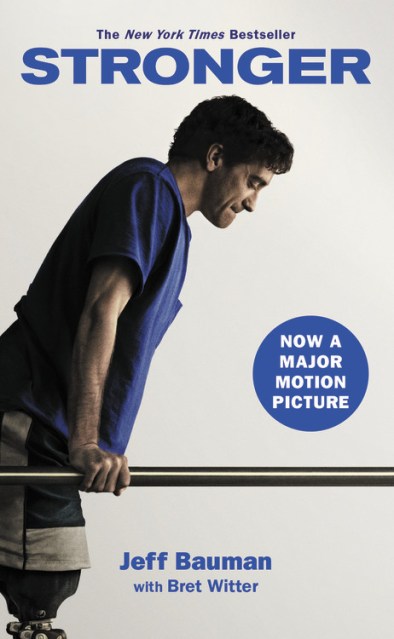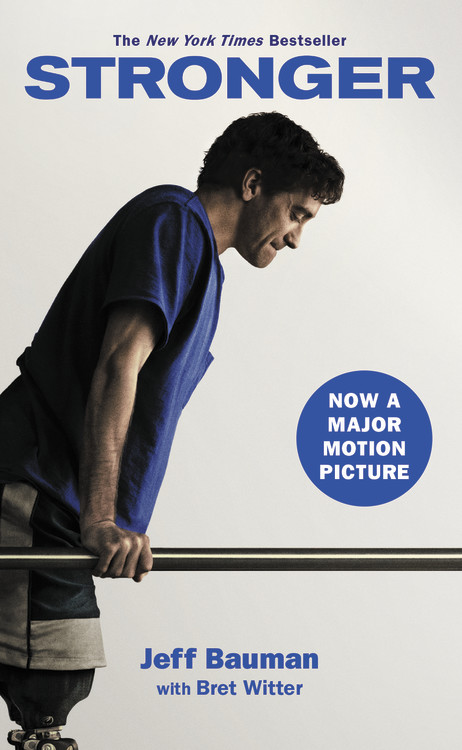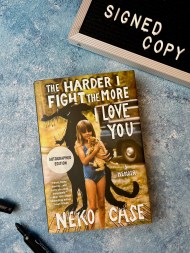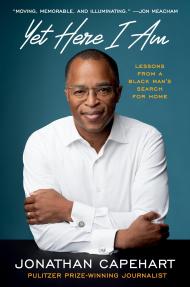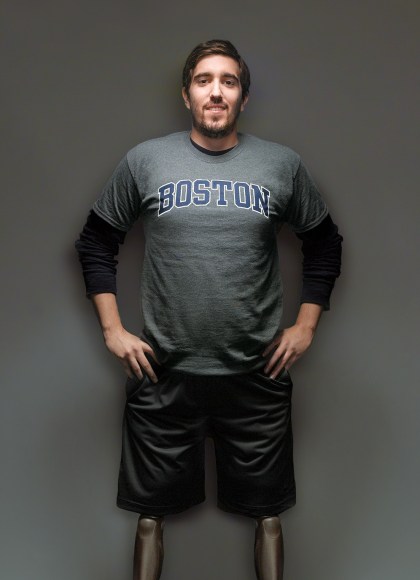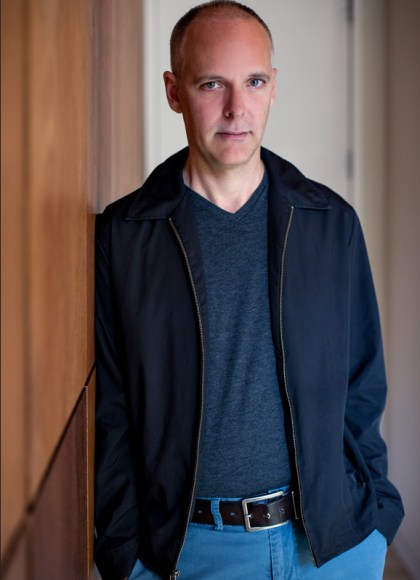By clicking “Accept,” you agree to the use of cookies and similar technologies on your device as set forth in our Cookie Policy and our Privacy Policy. Please note that certain cookies are essential for this website to function properly and do not require user consent to be deployed.
Stronger
Contributors
By Jeff Bauman
By Bret Witter
Formats and Prices
- On Sale
- Apr 15, 2014
- Page Count
- 352 pages
- Publisher
- Grand Central Publishing
- ISBN-13
- 9781455557332
Price
$39.00Price
$49.00 CADFormat
Format:
- Hardcover (Large Print) $39.00 $49.00 CAD
- ebook $8.99 $11.99 CAD
- Audiobook Download (Unabridged)
- Trade Paperback (Media Tie-In) $18.99 $23.99 CAD
- Trade Paperback $16.00 $21.00 CAD
This item is a preorder. Your payment method will be charged immediately, and the product is expected to ship on or around April 15, 2014. This date is subject to change due to shipping delays beyond our control.
Buy from Other Retailers:
The New York Times bestselling memoir of the 27-year-old Boston Marathon bombing survivor and the basis of the major motion picture starring Jake Gyllenhaal.
When Jeff Bauman woke up on Tuesday, April 16th, 2013 in the Boston Medical Center, groggy from a series of lifesaving surgeries and missing his legs, the first thing he did was try to speak. When he realized he couldn’t, he asked for a pad and paper and wrote down seven words: “Saw the guy. Looked right at me,” setting off one of the biggest manhunts in the country’s history.
Just thirty hours before, Jeff had been at the finish line of the 2013 Boston Marathon cheering on his girlfriend, Erin, when the first bomb went off at his feet. As he was rushed to the hospital, he realized he was severely injured and that he might die, but he didn’t know that a photograph of him in a wheelchair was circulating throughout the world, making him the human face of the Boston Marathon bombing victims, or that what he’d seen would give the Boston police their most important breakthrough.
In Stronger, Jeff describes the chaos and terror of the bombing itself and the ongoing FBI investigation in which he was a key witness. He takes us inside his grueling rehabilitation, and discusses his attempt to reconcile the world’s admiration with his own guilt and frustration. . Brave, compassionate, and emotionally compelling, Jeff Bauman’s story is not just his, but ours as well.
When Jeff Bauman woke up on Tuesday, April 16th, 2013 in the Boston Medical Center, groggy from a series of lifesaving surgeries and missing his legs, the first thing he did was try to speak. When he realized he couldn’t, he asked for a pad and paper and wrote down seven words: “Saw the guy. Looked right at me,” setting off one of the biggest manhunts in the country’s history.
Just thirty hours before, Jeff had been at the finish line of the 2013 Boston Marathon cheering on his girlfriend, Erin, when the first bomb went off at his feet. As he was rushed to the hospital, he realized he was severely injured and that he might die, but he didn’t know that a photograph of him in a wheelchair was circulating throughout the world, making him the human face of the Boston Marathon bombing victims, or that what he’d seen would give the Boston police their most important breakthrough.
In Stronger, Jeff describes the chaos and terror of the bombing itself and the ongoing FBI investigation in which he was a key witness. He takes us inside his grueling rehabilitation, and discusses his attempt to reconcile the world’s admiration with his own guilt and frustration. . Brave, compassionate, and emotionally compelling, Jeff Bauman’s story is not just his, but ours as well.
-
"STRONGER is not merely a triumph-over-adversity story, but a love story....the book exudes a sense of transparency and honesty."Boston Globe
-
"Bauman's moving story illustrates what he believes: 'We are better than cowards with bombs...We are stronger.'"People Magazine
-
"A moving demonstration of how strength of mind and character helped one man stand tall despite the loss of his legs."Kirkus Reviews
Newsletter Signup
By clicking ‘Sign Up,’ I acknowledge that I have read and agree to Hachette Book Group’s Privacy Policy and Terms of Use
